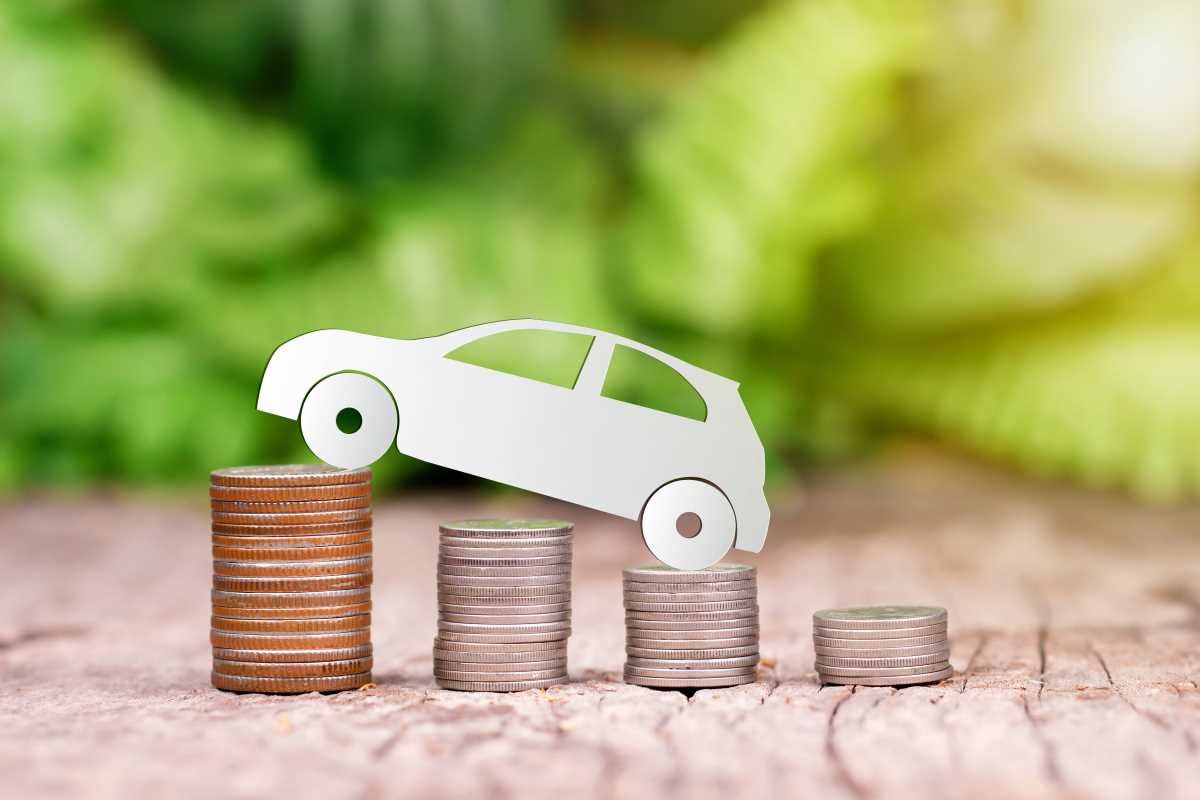Paying off an auto loan early can feel like lifting a weight off your shoulders. Imagine swapping monthly car payments for a little extra cash in your pocket each month. Sounds great, right? For many, ditching debt ahead of schedule brings a huge sense of relief and financial freedom. But hold on a minute—is it always the best move for your wallet? Depending on your budget, interest rates, and financial goals, paying off your car loan early might be a financial slam dunk or just another move to weigh carefully. To help you figure it out, let's explore how early loan repayment works and what to consider before making your next payment decision.
The Potential Benefits of Paying Off Your Loan Early
One of the biggest perks of finishing your car loan ahead of schedule is the money you can save on interest. Auto loans often come with interest rates that add up over time, especially if you’re on a longer repayment plan like five or six years. By paying off your loan early, you shrink the amount of interest that accumulates, potentially saving hundreds or even thousands of dollars over the life of the loan. For example, if you have a $20,000 loan at 6% interest over five years, shaving off a year or two can put serious cash back into your pocket.
Another enticing benefit is having more financial flexibility. Once your car loan is fully paid off, that monthly payment becomes yours to use however you like. Whether you want to save for a vacation, pay down other debt, or boost your emergency fund, clearing your auto loan can feel like unlocking a whole new level of freedom in your budget.
Lastly, paying off your loan early can improve your debt-to-income ratio. This is especially helpful if you're planning to apply for a mortgage or another big loan. Lenders look at how much debt you have compared to your income, and eliminating your car loan could make you a more attractive borrower.
The Possible Drawbacks of Early Loan Repayment
While ditching your auto loan as quickly as possible might sound ideal, there are some reasons to pump the brakes. One of the first things to check is whether your loan has a prepayment penalty. Some lenders charge fees if you pay off your loan early since they lose the interest income they were counting on. If your loan agreement includes prepayment penalties, you'll need to crunch the numbers to see if paying off early still makes sense.
Another consideration is whether early repayment is the best use of your money. If your auto loan has a super-low interest rate, you might be better off investing your money elsewhere. For example, if your car loan has an interest rate of 3% but your retirement account offers a potential return of 7%, your money will likely grow faster in the retirement account than by paying off the loan.
Paying off your loan early can also tie up cash that might be better kept for emergencies or other priorities. If putting extra money toward your car loan would drain your savings, you might want to hold off. Life is full of surprises, and having cash on hand for unexpected expenses can sometimes be more valuable than getting rid of a loan payment early.
How to Decide If It’s Right for You
Whether or not you should pay off your car loan early depends on a mix of personal priorities and financial circumstances. Start by looking at the terms of your loan. Are there prepayment penalties? If so, would you still save money after accounting for them? If your loan has a high interest rate, paying off early might give you a big financial edge. But if the rate is low and penalties are steep, early repayment might not be the best move.
Next, think about your other financial goals. Are there other debts you could pay off with higher interest rates? For instance, putting extra cash toward credit card debt, which often carries double-digit interest rates, is typically a smarter play than paying off a low-interest auto loan. Similarly, consider whether additional investments, like contributing to a retirement plan, could yield better returns than eliminating your car loan.
Finally, assess how paying off your loan would impact your overall financial security. If you’ve already got a healthy emergency fund and your other financial priorities are on track, getting rid of your car loan could provide a nice sense of accomplishment. But if your savings account is running on empty or you have other financial goals that need attention, it might be better to stick with your regular payments for now.







